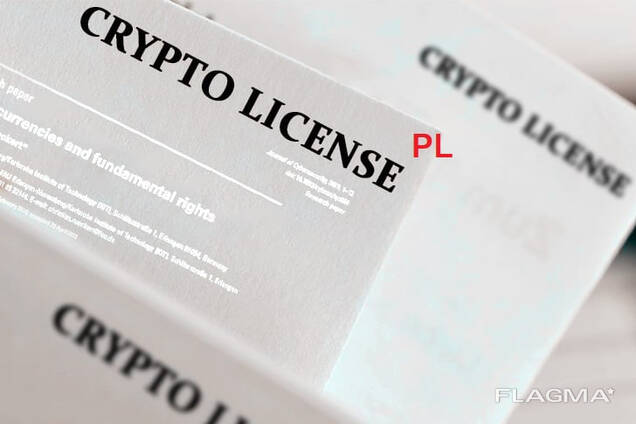As the cryptocurrency industry matures, governments and regulators around the world are implementing stricter measures to ensure financial security, prevent money laundering, and promote transparency. One of the most important developments in this space is the concept of VASPs (Virtual Asset Service Providers) and the requirement for obtaining a crypto license. This article explores what VASPs are, why crypto licensing matters, and how businesses can comply with current regulatory frameworks.
What is a VASP?
A Virtual Asset Service Provider (VASP) is a term defined by the Financial Action Task Force (FATF) to describe businesses that conduct activities involving digital assets. According to the FATF’s 2019 guidelines, a VASP is any natural or legal person who, as a business, conducts one or more of the following activities:
-
Exchange between virtual assets and fiat currencies
-
Exchange between one or more forms of virtual assets
-
Transfer of virtual assets
-
Safekeeping or administration of virtual assets or instruments enabling control over virtual assets
-
Participation in and provision of financial services related to an issuer’s offer and/or sale of a virtual asset
This broad definition includes crypto exchanges, wallet providers, DeFi platforms, NFT marketplaces, and even some blockchain infrastructure providers.
What is a Crypto License?
A crypto license is a regulatory approval granted to VASPs by government authorities, allowing them to legally operate in the cryptocurrency sector. The specific requirements, obligations, and types of licenses vary widely by jurisdiction. However, most crypto licensing regimes are designed to:
-
Ensure anti-money laundering (AML) and combating the financing of terrorism (CFT) compliance
-
Promote transparency and consumer protection
-
Encourage responsible innovation in financial technologies
Why Do VASPs Need a Crypto License?
-
Regulatory Compliance: Operating without a license in many jurisdictions can result in fines, business closure, or legal action. A license ensures the business operates within the law.
-
Credibility & Trust: Licensed VASPs are more likely to earn the trust of investors, customers, and banking partners.
-
Market Access: Some jurisdictions (e.g., EU under MiCA) require businesses to be licensed to serve customers across borders or access the broader financial system.
-
Risk Management: Licensing often involves requirements for KYC (Know Your Customer), AML, cybersecurity, and financial audits, which enhance the overall security and reliability of the business.
Key Jurisdictions and Their Licensing Requirements
Several countries have become popular for VASP registration due to their clear regulatory frameworks:
-
Estonia: One of the earliest countries to regulate crypto services, offering a Virtual Currency Service Provider (VCSP) license under the Financial Intelligence Unit (FIU).
-
Lithuania: Attractive due to its favorable business environment and EU access, offering registration for crypto exchange and wallet services.
-
Dubai (VARA): The Virtual Assets Regulatory Authority provides licensing for VASPs operating in the UAE.
-
Singapore: The Monetary Authority of Singapore (MAS) licenses crypto businesses under the Payment Services Act.
-
United States: Requires VASPs to register as Money Services Businesses (MSBs) with FinCEN and comply with both federal and state laws.
Challenges and Considerations
-
Cost and Complexity: Obtaining a crypto license can be expensive and time-consuming. It often requires legal guidance, infrastructure investment, and ongoing compliance.
-
Regulatory Changes: Crypto regulations are evolving rapidly, and VASPs must stay up-to-date to maintain compliance.
-
Global Operations: Companies operating in multiple countries may need multiple licenses, each with its own set of rules.
Future Outlook
With the implementation of regulations like the EU’s Markets in Crypto-Assets Regulation (MiCA) and ongoing FATF updates, VASP licensing will become increasingly standardized across borders. While this may increase the burden on startups and small players, it ultimately strengthens the legitimacy and sustainability of the digital asset ecosystem.
Conclusion
For any business operating in the cryptocurrency space, understanding and complying with VASP and crypto licensing requirements is essential. Licensing not only demonstrates a commitment to responsible innovation but also builds trust and opens doors to new opportunities in a regulated market. As the regulatory landscape continues to evolve, proactive compliance will be key to long-term success.

